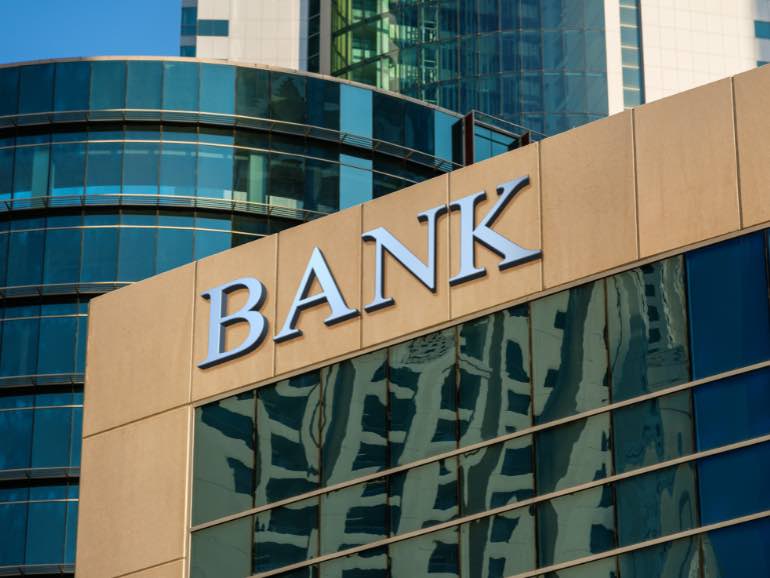We’ve been warning you for years about hackers. Unfortunately, it’s easy to tune that message out.
There have been thousands of hacks, ransomware attacks and data breaches that have exposed your personal information to hackers who can use it to steal your identity and your money. These hackers have used ransomware to steal billions of dollars from families like yours.
Yet, the problem is, one major hack story leads into another data breach that leads into a ransomware attack — they start blurring together. Just think about the massive, recent attacks at Facebook, Google and Experian that have left tens of millions of people like you vulnerable to stolen IDs and stolen funds.
Unfortunately, you simply cannot tune these stories out, even if they start sounding like background noise.
The future of your company and your personal bank account are at stake — it’s that serious.
Fortunately, we have solutions for you to protect your business, your bank accounts and your future. It starts with five simple tips — and keep reading for a bonus sixth tip that you cannot skip.
1. Create strong passwords
It may seem obvious that you need a strong password to keep hackers from accessing your private information and financial reports. Yet millions of people are sitting ducks because of insecure passwords like 12345678 or Password.
That goes for small business owners, too. We understand — you probably have dozens of passwords for your accounting system at work, your business bank account, your personal bank account, Netflix, Amazon and who knows how many others.
So, it’s easy to remember 12345678, so you can type it in and get on with the rest of your workday. But, which password do you think a hacker is going to try to get into your bank account, 12345678 or @dRKOJD138!!):pogo?
Of course, the first one — and they’ll succeed in stealing your ID and money. But it doesn’t have to be this way.
First, think of a strong password with a combination of letters, numbers and symbols that you’ll remember. Or use a passphrase like, MysonisFrannyG1!.
Here’s the good news. You can save them all behind a single password in a password manager like KeePass, so you have to remember just one password, not dozens of them.
2. Set up two-factor authentication
Hackers can easily figure out your password. They can’t easily figure out the secret, one-time code that Facebook texts to you or that your bank calls you with.
That’s two-factor authentication. It’s a simple way to protect yourself, your money and your business.
Go ahead and set it up for all your accounts. On Facebook, for example, click on the drop-down menu in the menu to the right of your photo and name.
Choose Settings then Security and Login. Scroll down to Use two-factor authentication and follow the instructions.
3. Use a financial app
It’s easier to keep track of your business finances and your personal finances if your bank accounts, credit accounts and your personal savings goals are in one place, right in front of your eyes. These days, that means an app like Intuit’s Mint.
The Mint app, and others like it, can help you set budgets and manage your bills. You can also get reminders to pay bills when they’re due.
4. Check your credit score
Your credit score will tell you a lot about hackers. If you see anything suspicious on them, like credit card accounts that you didn’t open, you can alert whichever credit bureau is reporting it, whether it’s Experian, Equifax or TransUnion.
Of course, it’s easier than ever to check your credit report. You can check free sites like the Discover credit card site, which says, “You don’t have to be our customer and there’s no ding to your credit.”
The important thing is to check your credit reports. You should start with the three credit bureaus, each of which gives you one free credit report every year.
Bonus: Keep reading for an important tip about when you should access your free credit reports.
5. Freeze your credit – It’s FREE!
You may have heard financial advisers telling people to freeze their credit. But you may not know why they’re suggesting that.
Here’s a simple overview. Hackers will have a tough time accessing your personal information if you’ve asked the credit bureaus to freeze your credit — you can’t access it, either, unless you ask them to unfreeze it.
We’ve got great news. The federal government starting this year mandates that you can freeze your credit for FREE by calling the three credit bureaus, Experian, Equifax and TransUnion.
They have to freeze your credit within one business day of you requesting the freeze by phone or on their websites. They have to unfreeze it within an hour of your request.
Bonus: Schedule this important reminder
You’re a business person or you’re trying to be smart about managing your money, or both. One super-simple way to do that is to set a calendar reminder — do it now and you can be done for the year in about a minute.
Set a reminder for one day this month, then the same day four months from now and another one four months from then. You can title it something like, “Get free credit report.”
You have access to each of the three bureaus’ free credit reports each year. Unfortunately, once a year is too long to check to see if hackers are stealing your ID and money.
Instead, get one every four months. That way, you can check Experian early in the year, then Equifax midyear, then TransUnion later in the year.
{{cta(‘fa924a20-cd02-4617-9101-4a925d65dfc9’)}}



